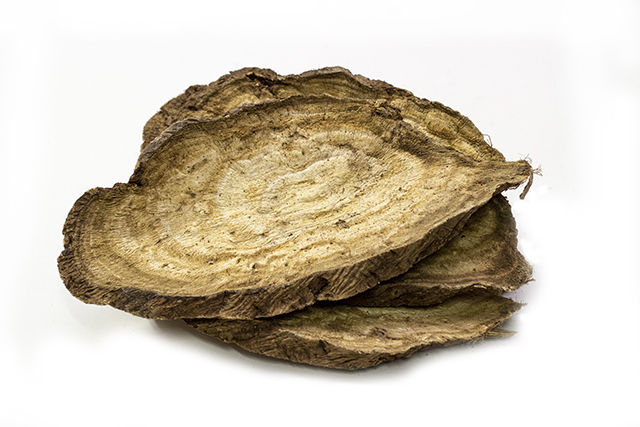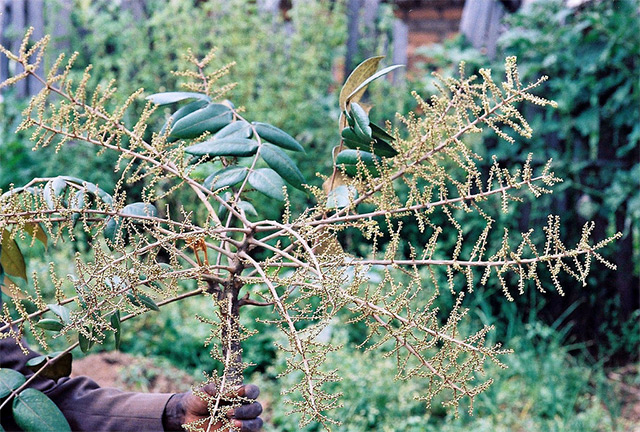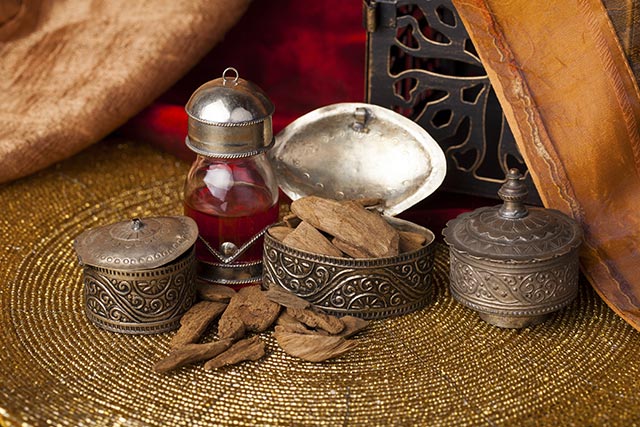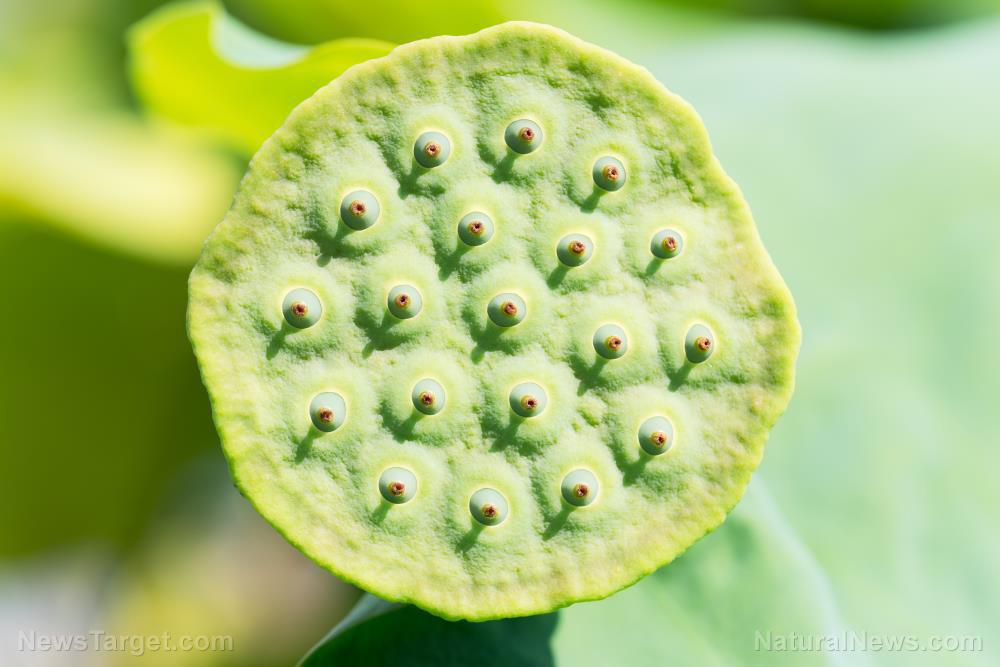A flowering tree in the hemp family shown to be an effective treatment for malaria
11/04/2018 / By Ralph Flores
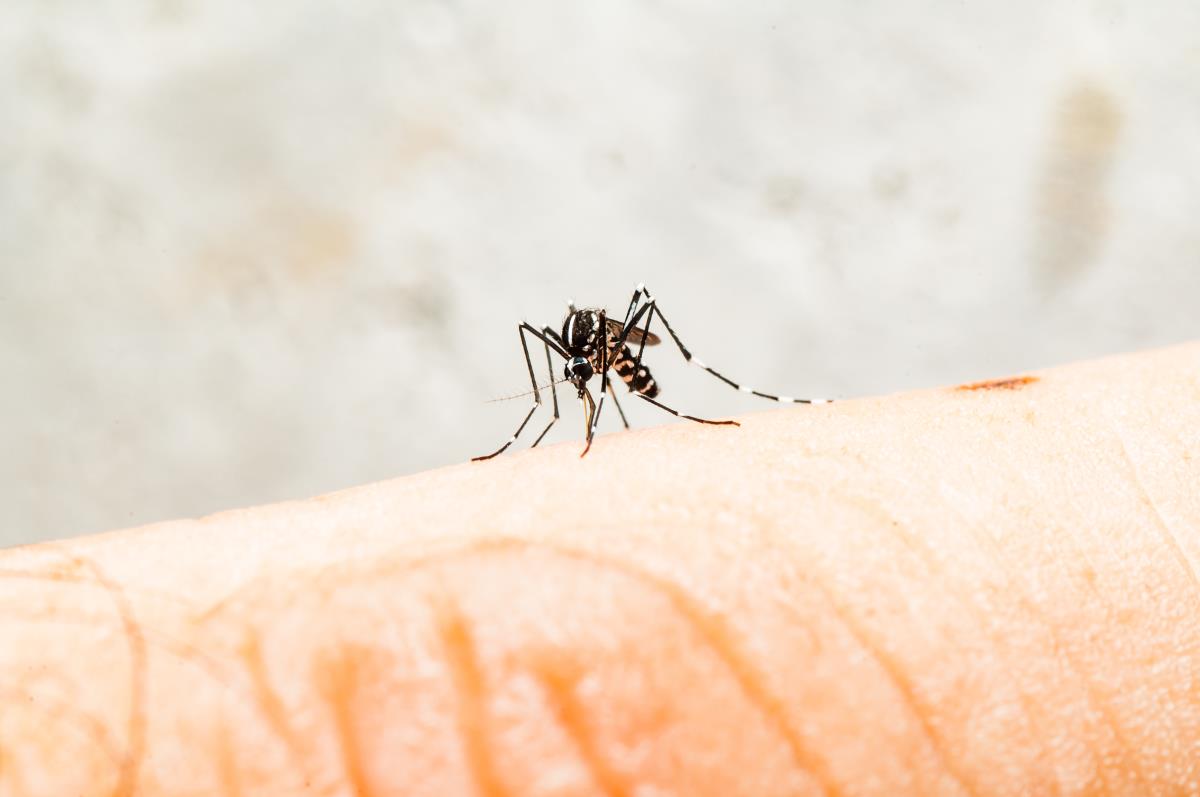
Malaria is considered to be a global burden, with Africa bearing the brunt of the problem. There’s still hope – and in the unlikeliest of places – as Nigerian and South African researchers found that the charcoal-tree (Trema orientalis), a plant in the hemp family, to have anti-malarial properties.
According to the World Malaria Report released by the World Health Organization in 2017, the global incidence rate of malaria has declined by 18 percent – with Southeast Asia recording a 48-percent drop in the number of reported cases. In Africa, however, 15 countries that have reported indigenous cases of malaria were all from Africa – which accounts for 80 percent of all cases worldwide. In addition, 91 percent of all malaria-related deaths were from Africa. To note, most cases of malaria in Africa – in particular, in the sub-Saharan regions – are caused by the parasite Plasmodium falciparum.
In their study, the team investigated folkloric claims that certain plants have therapeutic effects against diseases, including malaria. The charcoal-tree, a plant widely used in African ethnomedicine to treat conditions like bronchitis and pneumonia, was selected for this study, given that the bark is traditionally used to treat malaria. Earlier studies of the plant validated its therapeutic effects – in particular, its anti-parasitic ability. Its ability to treat malaria, however, have yet to be explored fully.
“Premised on this fact, we investigated the in vivo chemopreventive effects and the in vitro antiplasmodial activity of the stem bark extract and fraction of T. orientalis on P. berghei-induced malaria in mice,” the team wrote in their report.
The power of the elements: Discover Colloidal Silver Mouthwash with quality, natural ingredients like Sangre de Drago sap, black walnut hulls, menthol crystals and more. Zero artificial sweeteners, colors or alcohol. Learn more at the Health Ranger Store and help support this news site.
To test their hypothesis, the team used a methanol extract obtained from the stem bark of the charcoal-tree and studied its anti-plasmodial property using a cell-free assay. From the tree’s menthol extract, they team used vacuum liquid chromatography to extract dichloromethane, ethyl acetate, and methanol fractions. The fractions were then tested for its anti-malaria and prophylactic (or disease-preventing) abilities using both in vivo and in vitro tests. Of all the samples, the dichloromethane fraction exhibited the highest prophylactic effect, which was able to prevent infections caused by malaria. According to the researchers, this was caused by the fraction’s ability to suppress the invasion of malaria parasites in red blood cells. This could be a synergistic effect of the compounds that make up dichloromethane, researchers posited.
As for its anti-plasmodial property, both the extract and the fractions of the charcoal-tree were effective against the formation of beta-hematin – a compound closely linked with the progression of malaria. To note, the absence of beta-hematin creates a toxic environment for the parasite. The extracts, in particular, also inhibited the spread of both gram-negative and gram-positive bacteria. The results add weight to the traditional claims that the tree is used to treat malaria, as well as other diseases, with researchers hinting that improving the preparation method of the decoction may yield more beneficial effects. (Related: Researchers say this common African tree holds the key to a natural cure for malaria.)
“We hereby conclude that this work further [substantiates] the folkloric antimalarial and antibacterial use of this plant scientifically,” the researchers concluded in their study. “In addition, we will suggest that the extraction procedures and solvent used be reviewed because the dichloromethane fraction was the most potent and locally, aqueous extraction is employed.”
Find more plants that help treat malaria at NaturalCures.news.
Sources include:
Tagged Under: alternative medicine, anti-malaria, anti-plasmodial, Cures, disease treatments, Herbs, Malaria, natural cures, natural medicine, natural remedies, Plasmodium bergei, Trema orientalis






